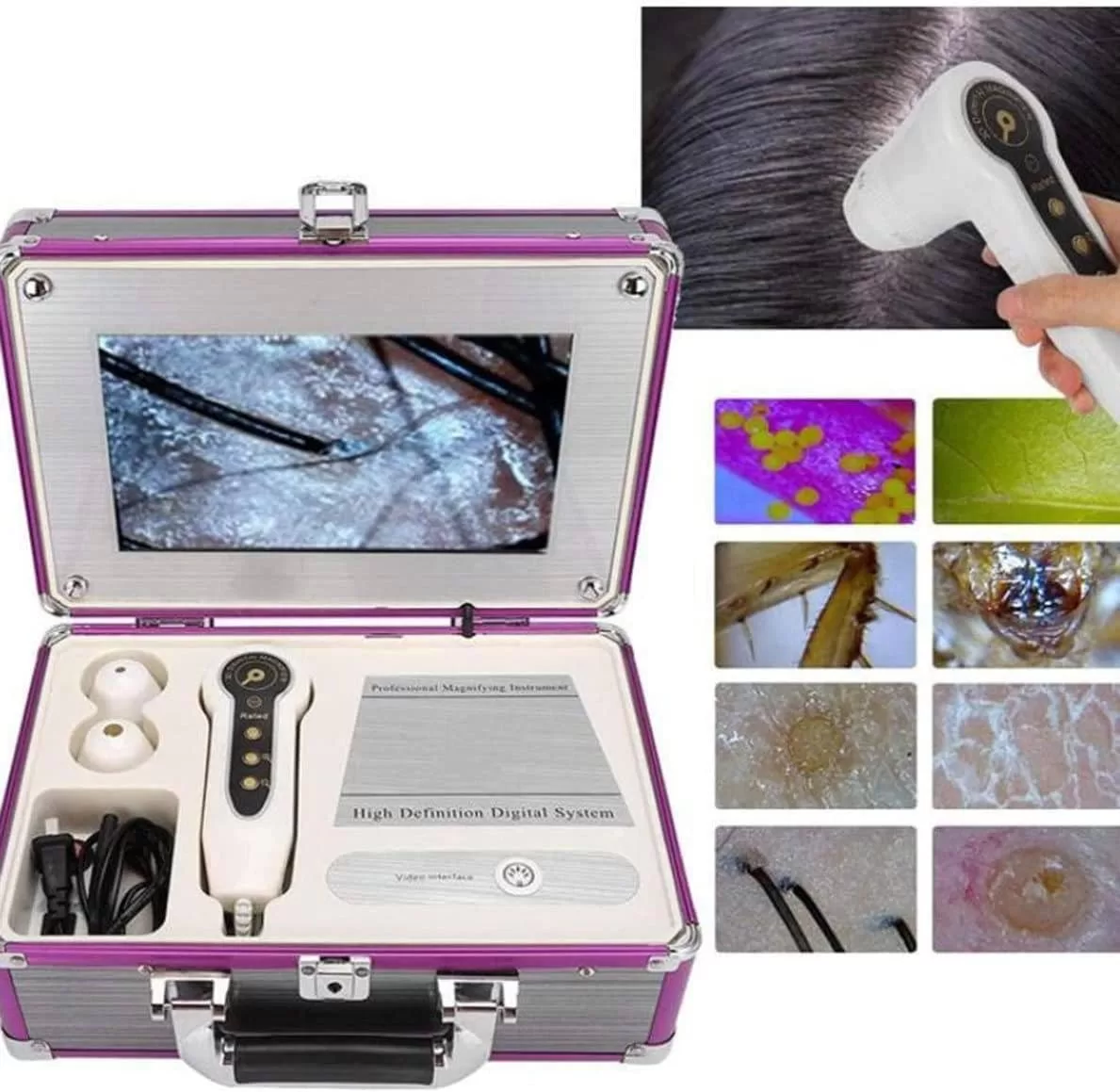Introduction to DNA-Based Skin and Hair Analysis
DNA-based skin and hair analysis is transforming the beauty industry by offering a unique approach to personalization. Unlike traditional skincare, which relies on general recommendations, DNA analysis examines your genetic makeup to provide insights into how your skin and hair respond to aging, environmental factors, and specific ingredients. Pioneered by companies like SkinDNA and GeneU, this method is helping users design skincare routines based on their genetic predispositions, making beauty regimens more precise and effective.

OIL FREE-DMAE+MSM+NIACIN Firming Cream, 100% Pure Hyaluronic Acid, Argireline,
What Is a Hair Analysis Test?
A single hair can reveal a lot about your health and habits. As hair grows, it absorbs substances like drugs, toxins, and nutrients from your body. By examining hair under a microscope, scientists can detect these substances and gain insights into your past. However, the accuracy of hair analysis can vary, making it most reliable when used in conjunction with other tests.
What Is Skin Analysis?
Skin analysis is used to identify your skin type, skin conditions and finding the most appropriate treatment for your skin. Skin analysis is commonly carried out by estheticians. A good esthetician evaluates the overall condition of your skin and recommends treatments for it.
A DNA BASED SKINCARE ROUTINE
Choose products that are fully tailored to your needs, based on your DNA and lifestyle and the complete routine contains 4 products:
DNA based day serum for optimal antioxidant protection
Anti-wrinkle day cream with UV-protection for protection against extrernal agressors
DNA-based collagen booster night cream to tighten and firm your skin
DNA-based night serum for optimal hydration and to get a soft & plump skin
How DNA-Based Skin and Hair Analysis Works
DNA analysis for beauty combines genetic science with skincare and haircare to create a data-driven approach. Here’s how it works:
Step 1: Sample Collection
Users start by collecting a DNA sample, typically through a painless cheek swab. The sample is then sent to a lab for analysis, where specialists examine specific genetic markers related to skin and hair health.
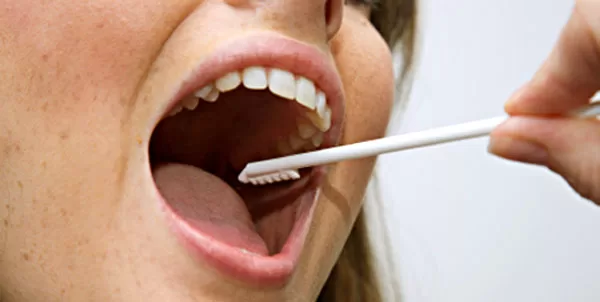
Step 2: Genetic Analysis
The lab conducts a genetic analysis, looking for markers that indicate characteristics such as:
- Collagen Breakdown: Determines how quickly collagen degrades in your skin, impacting elasticity.
- UV Sensitivity: Measures your skin’s natural sensitivity to UV rays.
- Antioxidant Levels: Assesses your body’s natural antioxidant production.
- Inflammation Tendency: Identifies markers that influence skin inflammation and aging.
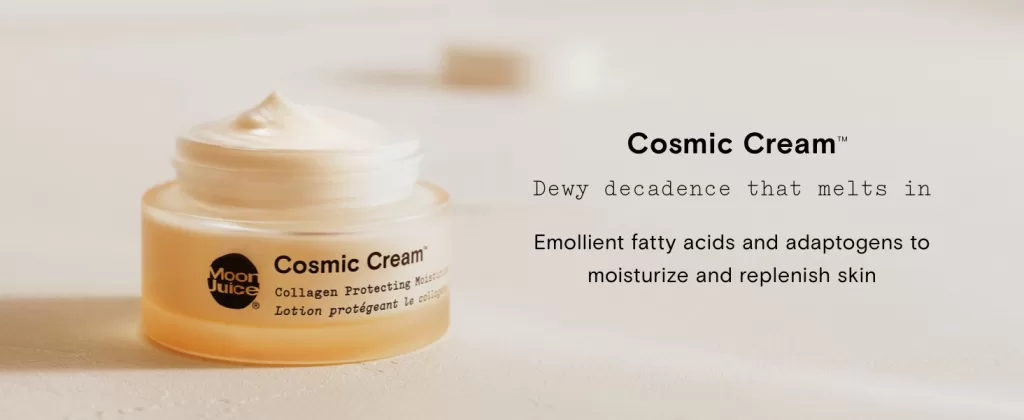
Step 3: Results and Recommendations
Based on the analysis, the user receives a comprehensive report detailing these traits. Brands like SkinDNA and GeneU also provide personalized product recommendations that align with the user’s genetic profile, creating a skincare or haircare routine tailored to each individual’s genetic needs.
Benefits of DNA-Based Beauty Analysis
DNA-based skin and hair analysis offer unique advantages over traditional skincare, making it an appealing option for those seeking precision and effectiveness.
1. Targeted Skincare Solutions
By understanding genetic markers, users receive product recommendations that specifically address their needs. For example, someone with a high tendency for collagen breakdown might receive products with collagen-boosting ingredients.
2. Prevention-Oriented Care
DNA analysis not only helps address current concerns but also prevents future skin issues by highlighting predispositions. For instance, if your DNA shows high sensitivity to UV light, your routine might focus more on SPF and antioxidants to combat sun damage.
3. Customized and Cost-Effective
DNA-based beauty routines cut down the trial-and-error phase by recommending only those products that are likely to work for your skin or hair. This customization saves time, reduces product waste, and may ultimately be more cost-effective.
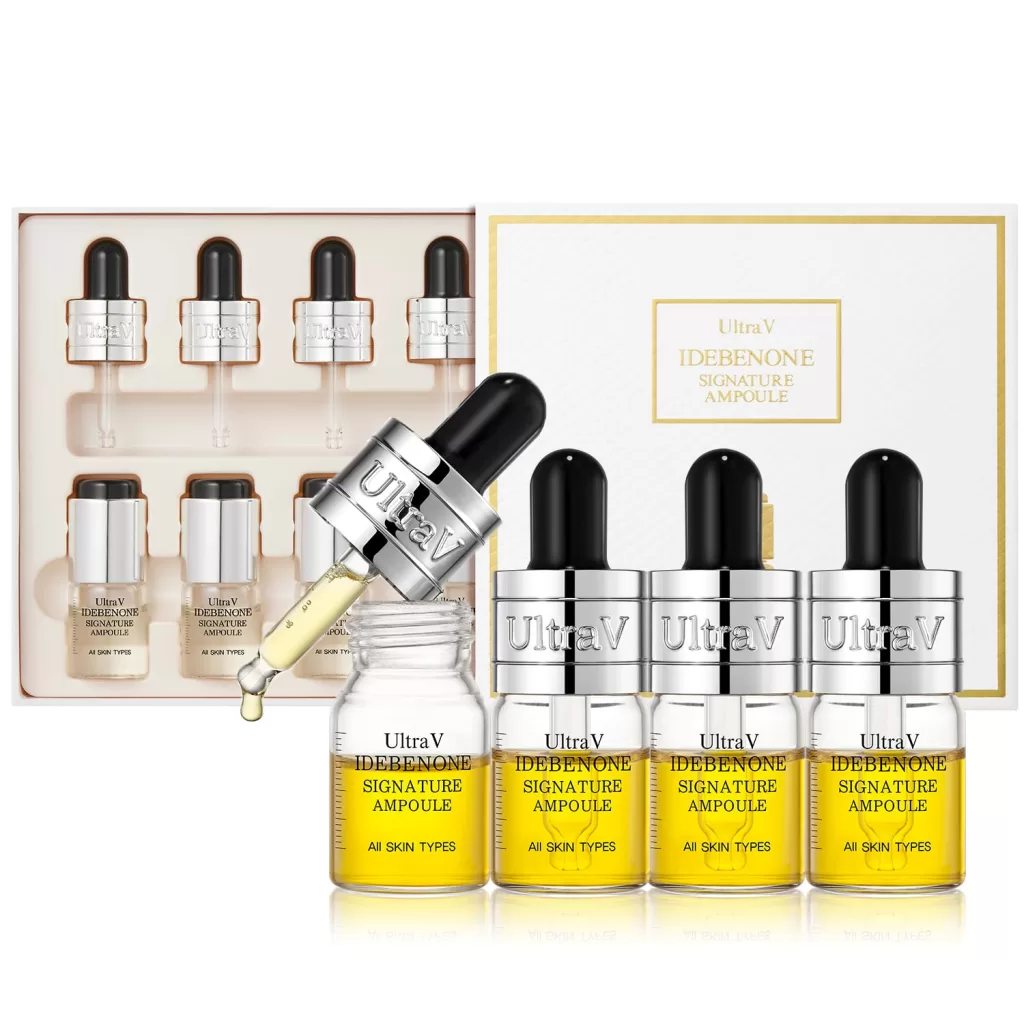
UltraV Idebenone Signature Ampoule – Anti Aging Antioxidant Serum – Peptides, Niacinamide, Hyaluronic Acid – Anti Wrinkle, Smoothes, Softens Skin – 0.27 fl…
How DNA Analysis Compares to Traditional Skincare
| Feature | DNA-Based Analysis | Traditional Skincare |
|---|---|---|
| Personalization Level | High (Based on genetic makeup) | Medium (Based on skin type or concerns) |
| Trial-and-Error | Minimal | Often necessary |
| Prevention Focus | Strong (Predicts future issues) | Limited (Focuses on existing issues) |
| Initial Cost | Moderate to High | Varies |
| Data-Driven Approach | Yes (Scientific and genetic basis) | No (Observational or symptomatic) |
Limitations and Considerations of DNA-Based Beauty Analysis
While DNA-based beauty is promising, it’s essential to understand its limitations:
- Cost: DNA testing is often more expensive upfront than traditional skincare, though it may save money over time by reducing ineffective product use.
- Privacy Concerns: DNA data is sensitive, so it’s essential to choose companies that prioritize data security and have clear privacy policies.
- Environmental Factors: DNA testing considers genetic predispositions, but factors like diet, stress, and pollution still affect skin and hair health. It’s important to combine genetic insights with lifestyle considerations for optimal results.
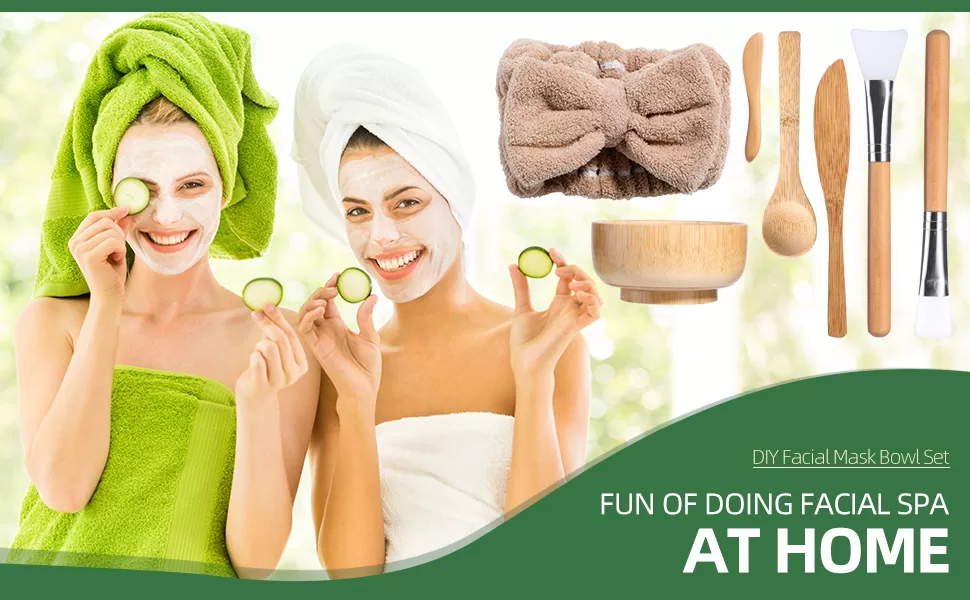

Mask Tools Set Includes
1X facial mask mixing bowl
1X clay mask applying brush
1X silicone mud mask applicator
1X spoon
1X face mask spatula
1X mini facial cream spatula
Gift: 1X Spa headband
Light Weigh
Create your own homemade cosmetic favors
Portable and Reusable
Popular DNA-Based Beauty Brands and How They Operate
Several brands are leading the way in DNA-based beauty analysis. Here’s a look at some well-known names and their unique approaches:
SkinDNA
SkinDNA uses DNA analysis to provide a personalized skin health report. They focus on five categories, including collagen breakdown, sun protection, and antioxidant levels, delivering product recommendations based on the user’s genetic makeup.
GeneU
GeneU offers an on-site DNA analysis service. Their test analyzes genetic markers related to skin aging, helping users develop targeted skincare regimens. GeneU emphasizes a quick testing process with instant results for busy individuals.
Allél
Allél focuses on both skin and hair health, combining DNA analysis with personalized product creation. Users receive customized products tailored to their genetic profile, making it a comprehensive, all-in-one solution.
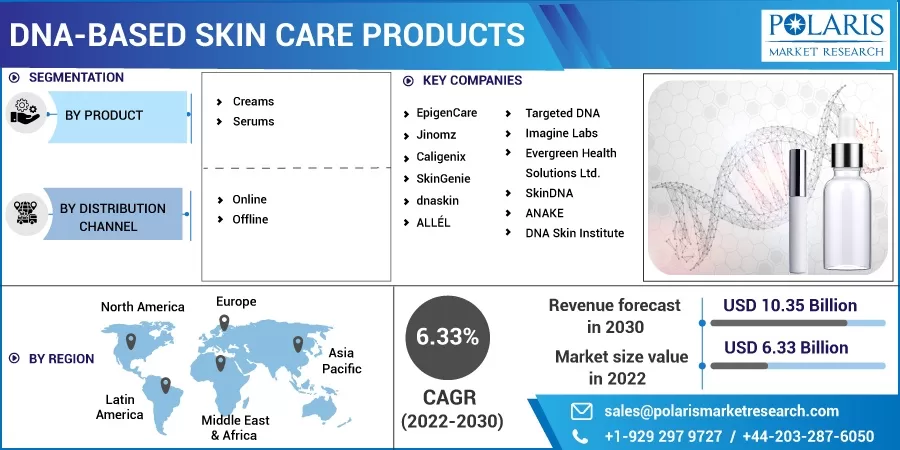
Future of DNA-Based Skin and Hair Analysis in Beauty
DNA-based analysis is still growing in the beauty industry, and its applications are expanding. The future might see:
- Increased Accessibility: As technology advances, DNA tests may become more affordable and accessible, making personalized beauty more common.
- Enhanced Data Integration: With AI and machine learning, DNA-based beauty could integrate with other health data for even more precise recommendations.
- Wider Range of Products: As demand grows, more companies are likely to offer personalized skincare and haircare lines, providing consumers with a broader choice of DNA-matched options.

Age Defying with DNA Advantage Makeup, Fresh Ivory
Getting Started with DNA-Based Beauty Analysis
If you’re considering DNA-based beauty, here’s how to get started:
- Choose a Reputable Brand: Select brands with solid reviews and clear privacy policies.
- Evaluate Cost vs. Benefit: Assess whether the upfront cost aligns with your long-term beauty goals.
- Prepare for Lifestyle Adjustments: Incorporate both genetic insights and lifestyle adjustments for the best results.
Beyou. Niacinamide Daily Moisturizer Mineral Face Sunscreen + SPF 40
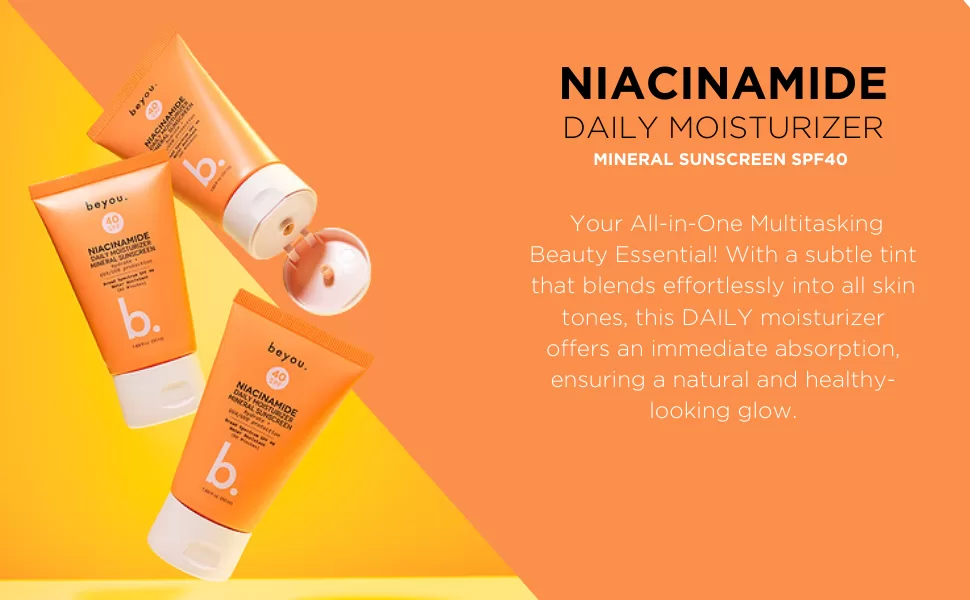
FAQs for DNA-Based Skin and Hair Analysis
Q: What is DNA-based skin and hair analysis? A: DNA-based analysis examines your genetic makeup to provide personalized skincare and haircare recommendations. It identifies your skin’s unique needs and sensitivities, allowing you to choose products that are most effective for you.
Q: How does DNA-based analysis work? A: You provide a DNA sample (usually a cheek swab) which is analyzed in a lab. The results identify genetic markers related to skin and hair health, such as collagen production, sun sensitivity, and antioxidant levels.
Q: What are the benefits of DNA-based beauty analysis? A: Benefits include:
- Personalized skincare: Tailored recommendations based on your specific needs.
- Prevention-oriented care: Identifying potential skin issues before they arise.
- Reduced trial-and-error: Avoid ineffective products and save money.
- Improved results: More effective skincare and haircare routines.
Q: What are the limitations of DNA-based beauty analysis? A: While DNA analysis is a powerful tool, it doesn’t account for all factors affecting skin and hair health, such as lifestyle and environmental influences.
Q: How much does DNA-based analysis cost? A: The cost varies depending on the specific test and brand. Generally, it’s a one-time investment, but the long-term benefits may outweigh the initial cost.
Q: Is DNA-based beauty analysis safe and private? A: Reputable companies prioritize data privacy and security. It’s important to choose a reputable brand with clear privacy policies.
Q: Can I combine DNA-based analysis with traditional skincare? A: Yes, DNA-based analysis can complement traditional skincare. It provides a foundation for your routine, while traditional skincare addresses immediate concerns and environmental factors.
Q: Is DNA-based beauty analysis suitable for everyone? A: While DNA-based analysis can benefit a wide range of people, it may be particularly helpful for those with specific skin concerns or those who have struggled to find effective skincare products.
Conclusion: Is DNA-Based Beauty Right for You?
DNA-based skin and hair analysis is a compelling advancement in personalized beauty, offering unique insights that empower individuals to address their specific needs. While it requires an initial investment, the customization, prevention-focused care, and scientifically backed approach make it an attractive option for those seeking high-impact, personalized results.
As technology continues to evolve, DNA-based beauty may become a mainstay, aligning beauty routines more closely with each person’s genetic foundation. Whether you’re looking to target specific concerns or simply enhance your skincare routine, DNA analysis offers a data-driven path toward optimal beauty.
Big Data Research
Volume 26, 15 November 2021, 100253
Internal Links:
- [Cruelty-Free Makeup Must-Haves: Your Ultimate Guide]
- [How to Build an Effective Skincare Routine]
- [How AI is Changing Skincare]
External Links:
- National Institutes of Health on DNA and Skin Health
- American Academy of Dermatology on Personalized Skincare
By following this comprehensive guide, you’ll have the insights needed to decide if DNA-based skin and hair analysis fits your beauty journey. It’s a science-backed way to maximize results and enjoy a truly personalized beauty experience.

Explore more articles like this @ Where And How Resources
If you found this article helpful, don’t forget to share it with your friends and followers!

